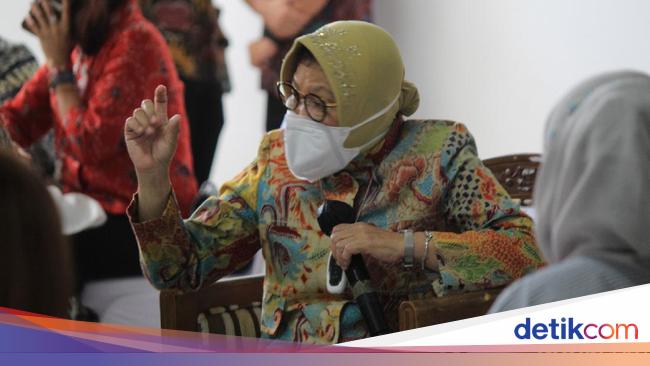North Korea has refused to receive 2.97 million doses of the COVID-19 vaccine developed by Sinovac, a UNICEF spokeswoman confirmed to Efe today, in charge of managing the supply of inoculations to the Asian country through the COVAX mechanism.
According to the spokesperson, the North Korean Ministry of Public Health said that the 2.97 million doses manufactured by the Chinese laboratory Sinovac “that COVAX offers to the Democratic People’s Republic of Korea (official name of the country) can be transferred to seriously affected countries in view of the limited global supply of vaccines ”.
The aforementioned Ministry of North Korea, a country that has not yet received a single batch of vaccines, “has said that it will continue to communicate with the COVAX mechanism to receive vaccines against COVID-19 in the coming months.”
The spokeswoman added that the organizations involved “continue to work closely with the competent health authorities in the Democratic People’s Republic of Korea to ensure the necessary support” when preparing their authorities to receive their first vaccines.
The United Nations Children’s Fund (UNICEF) is assisting North Korea in preparing the cold chains necessary to distribute, store and inject coronavirus vaccines.
The hermetic Asian country, which has closed its borders tightly since last year to prevent the entry of the virus, still has not reported a single COVID-19 infection.
In its latest report to the World Health Organization (WHO), Pyongyang said it had subjected a total of 37,291 people to PCR tests since the beginning of the pandemic and until August 19, and that all have yielded negative results.
North Korea should have received 1.9 million vaccines from AstraZeneca in the first half of this year through the COVAX mechanism.
However, those vaccines were never delivered after the regime did not accept technical recommendations from COVAX, a fund created to ensure the delivery of vaccines to the countries most in need.
For its part, last July the Institute of National Security Strategy (INSS), a think tank of the South Korean intelligence service, published a report in which it said that Pyongyang rejected this first game “due to its fears about the secondary effects of the AstraZeneca vaccine ”.
The same report noted that “North Korea is reticent about vaccines made in China” and seems to have a more favorable view of those made in Russia.
–

